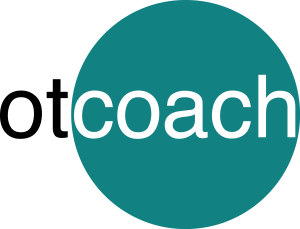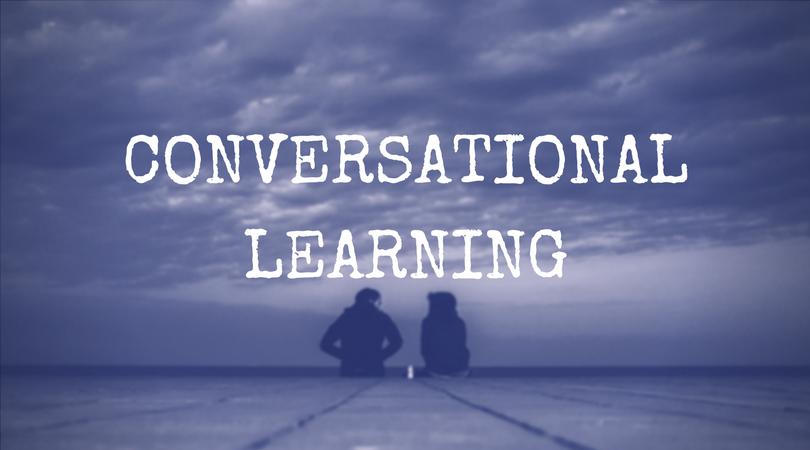Conversational Learning
When discussing “coaching” I often draw a silo and illustrate how learning from various fields, theories and models contribute to the mix in the silo, with it all narrowing down (I use the word narrow, purely figuratively!) to a simpler, user friendly approach at the bottom of the silo. At the opening of the silo, we can see the “essence” of coaching, where it is distilled into listening, intuitive relating, curiosity, self awareness/management and action learning.
So what goes into this silo? Well, as my coaching journey has progressed, I have found the silo of the coaching profession to be very broad (Business Psychology, Positive Psychologies, NLP, CBT, Sport, Behavioural Science, Occupational Theories, Psychotherapy, BSFT…the list is very long), and what we have in our personal silo, as a coach, can be very different. I felt it would be useful to take a look at some of the diverse elements which have contributed to this body of wisdom (and it also gives me an opportunity to do some reading;)
Coaching in most forms, occurs as a conversation, sometimes face to face, some times online, sometimes in groups etc. In a wonderful chapter entitled “Conversational learning: applying personal construct psychology in coaching” Duignan describes George Kelly’s work in Personal Construct Psychology (PCP) in the 90’s, which dovetails to five themes: the personal story of the client, strategic task analysis, “dimensions of transitions”, alternative personal roles and making behaviour happen. It’s the interplay between the clients personal story and the other elements, that gives this such richness (even if the language can be a little confusing…remember this is further up the silo!) Rather than regurgitate all the elements, it’s the “dimensions of transition” that I wanted to highlight (probably because transition fascinates me, especially as we often segment certain times and stages of life to it…eg, retirement, secondary school, etc but I feel that we are in constant transition as human beings!)
Kelly defines “dimensions in transition” as particular ways of being that a person experiences while living in disequilibrium, benign or otherwise. He classes these dimensions as “construction” and “dislodgement” (such usable, accessible words……). The Construction class includes the creativity cycle and the decision making cycle, the Dislodgement class includes aggressiveness, threat, fear, anxiety, guilt, hostility. These dimensions, colour and complicate the transition and often more than one dimension can influence at a time. For me personally, I can see how stuck I can feel when both dimensions influence together, producing real tension.
Duignan feels that these dimensions of transition, can be useful in coaching, to generate hypotheses and unpick the process, behaviour and experience: the reasons why we do, why we don’t, how we do it and why it often feels uncomfortable moving forwards. These “dimensions of transition” are just one element of the model. PCP is presented as a drama, a story which unfolds. It also includes task analysis (events, situations, requirements etc), the alternative personal roles which we could play in our “story” and how alternative behaviour is enabled – “making alternative behaviour happen”. In the coaching context, this is one of the crucial elements. It’s here, in the PCP model, that the person can see that they are the playright and the actor of their story, their drama. That our actions contribute to the unfolding personal story we create by living, these are coloured by our experiences, these actions provide feedback about the goals we choose. I am also reminded that stepping out of our drama and being an observer in our “story” is one of the most powerful things coaching can enable.
Duignan’s piece is in the Handbook of Coaching Psychology (Palmer and Whybrow) and it’s fascinating to read. I have only given you a flavour of this chapter and know that I can’t give the model credit in this short article, but as I read the chapter and reflected on it, I had to hold both fascination, irritation and curiosity at the same time. Fascination because I love how much knowledge, developed theory and learning there is available outside our profession. Irritation because the language feels inaccessible and often forms a barrier for learning. Irritation because I never feel I know enough, but am realising that I “know” more than I think! More irritation because its feels like the use of theory and tools such as advocated always seem sexy and clever, yet good coaching, good listening and relating, being seen and heard does the same? Curiosity as to how this learning might change or enhance my coaching. Curiosity around how Occupational Therapy can learn from other models/theories and yet stay occupation focussed? Curiosity as to what might happen if I spent this afternoon, literally writing down a new script for my life and current goals…Please let anyone you think might be interested, know about these workshops and forward this newsletter far and wide:)


